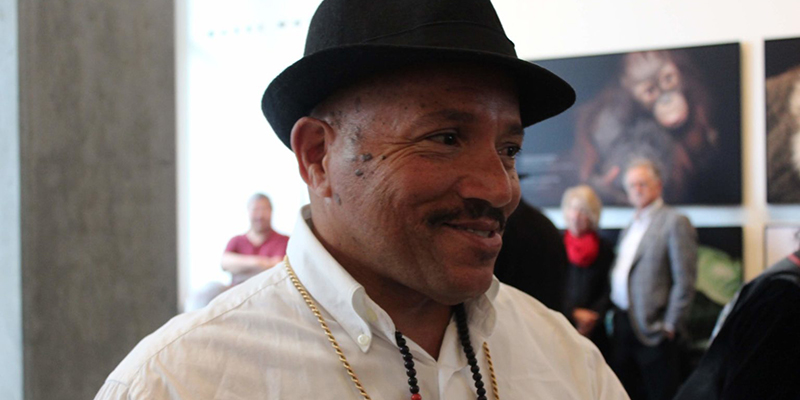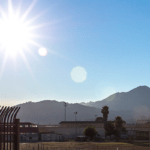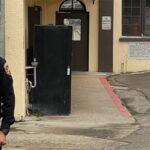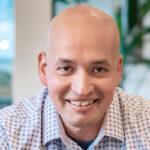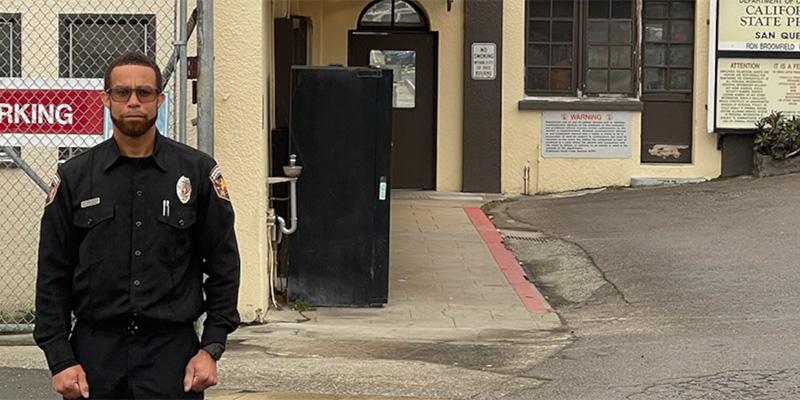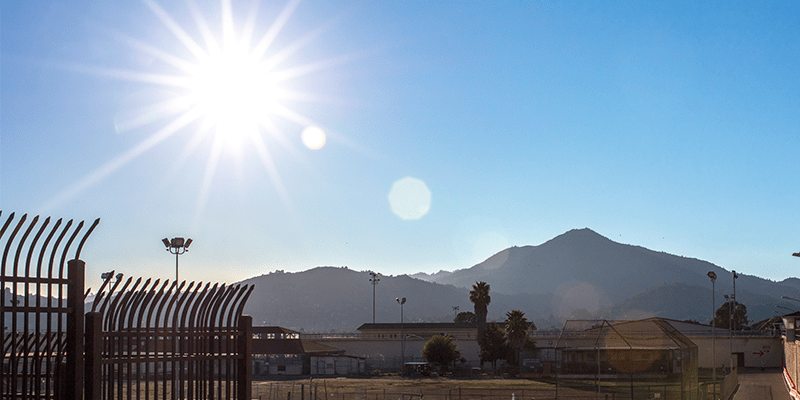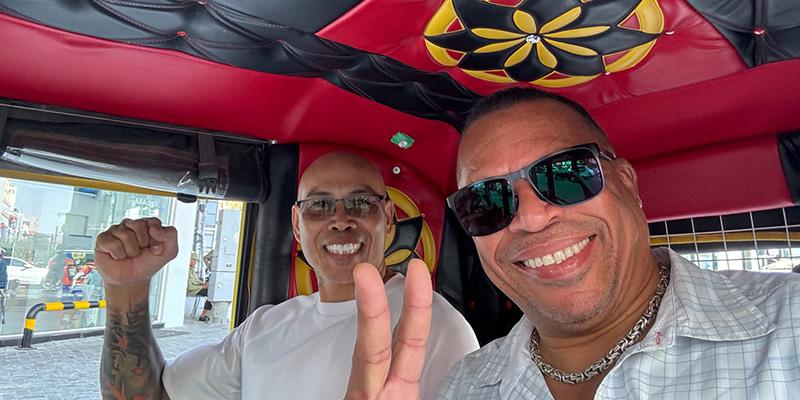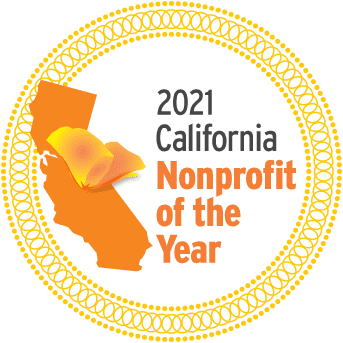Many of our former students remain committed to a life of service upon paroling and are often strong advocates for those still inside. We’re proud to share the following reflection from our alumni community.
What inspired me to join the Prison University Project? There is a saying, which speaks to our conditions in San Quentin, “Sink or Swim”, and it also means, “To Live or Die”. My mind turned to survival mode early in my life-to-term sentence in 1983. The criminal justice system preferred that I would never see freedom again, at least not in this lifetime. The term was 34 years consecutive to a “life-with-the possibility” to parole. I was 27 years old in 1983, and this meant that if I was to survive the violence of prison conditions, I would be very old if released from prison.
When I turned away from drugs and gangs in prison, my attention went to reading and writing. As a proven road to rehabilitation, education held the best promise. But, the local, state, and federal government had other plans for the helpless prisoners. In rejecting higher education for men and women in prison, the government defunded college programs for inmates. For many years, self education was the best we could manage. Not until the Prison University Project’s College Program, were we finally able to connect with the opportunity of a higher education. I was so grateful to the people who put the Prison University Project together. Privately funded, the program gave us hope to experience redemption through education.
Of course, attending college in San Quentin was an odd thing, because it made us feel free and special. Unfortunately, most people could not see us as human beings, due to the scourge of a past that was covered over with cruel and criminal behaviors. Nonetheless, forging ahead with the Prison University Project, many inmates worked diligently, alongside countless volunteers, and became college graduates. From these moments, all of the graduates who were found suitable for release on parole went on to become honorable citizens in society. Currently, I am on parole after completing a second college program in my community (SacTown), a Chemical Dependency Certificate, in the fourth successful year on supervision. Soon I shall be discharged, and will be looking forward to becoming a volunteer with the Prison University Project. In no small way, the Prison University Project helped me to become a better, stronger human being. My family has forgiven me, and accepted me into this new life. Prison life was not a complete failure. The trauma of having served a life term has been partially negated, and I can continue to live as a freedom loving soul.
Please note that the Prison University Project became Mount Tamalpais College in September 2020.
